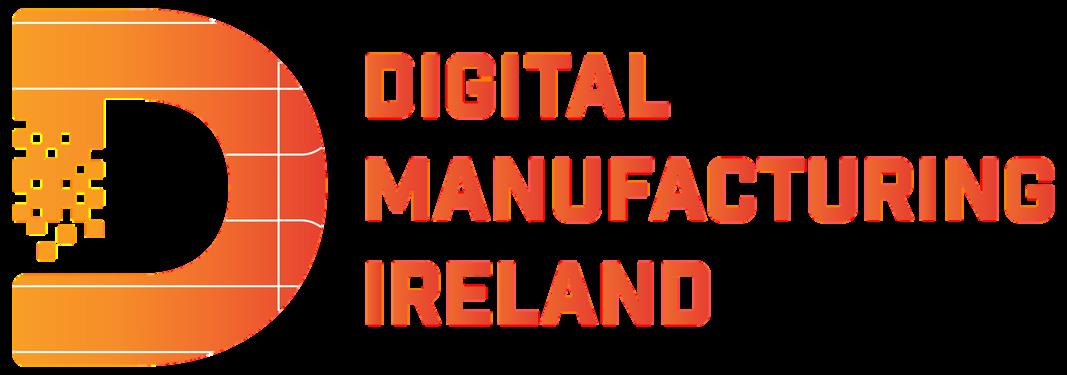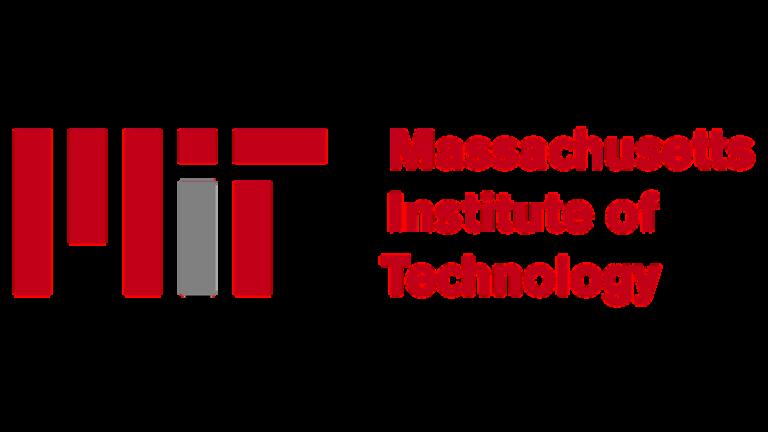HUMAN-CENTRIC MANUFACTURING CULTURE

DMIisundertakingaresearchstudyonhuman-centricmanufacturingculture,in collaborationwiththeMassachusettsInstituteofTechnologyandtheInternational AcademyofAutomationEngineering.Thiswhitepaperwaswrittenbytheauthors belowtoinformandassistinframingtheDMIapproachforthisstudy.
Dr.DonnaH.Rhodes PrincipalResearchScientistSociotechnicalSystemsResearchCenter
MassachusettsInstituteofTechnology rhodes@mit.edu

MalcolmJeffers
TransformationStrategistandHeadofResearch InternationalAcademyofAutomation Engineering mjeffers@myiaae.org

Human-Centric Manufacturing Culture
Digital transformation has increased the complexity of manufacturing enterprises due to myriad factors. Among these are continuous advancement of technologies, increasingly complexinterconnectivityoftechnologyandpeople, and extensive software and available data Changes are necessary in business strategy, organizational strategy, technology strategy, and operations Further, digitalisation is also driving changes in the skill profiles requiredinthemanufacturingworkforceofthefuture[1].
Firm adoption of Industry 4.0 has been recognized as critical to maintaining Ireland’s competitive manufacturing base into the future, as discussed in Ireland’s Industry 40 Strategy 2020-2025 [2] One of the five goals of this strategy is to facilitate the current and future workforce to develop the skills to deliver the Industry 4.0 transformation and exploit the new opportunities arising in manufacturing and supply chain firms through Industry 4.0 technologies.Newmanufacturingrolesandskillsetsarerecognizedasessential,whileatthe same time industry is experiencing shifting demographics of the workforce and changes inthemarketplace
human-centric manufacturing is more than a new approach arising from digital transformation; it is a cultural transformation
Industry5.0hasemergedmorerecentlyasthe next revolution in manufacturing, with three keypillars:human-centric,resilientand
sustainable IntendedtocomplementandextendIndustry40ratherthanreplaceit,itshifts focus from techno-economic value to societal value, and from welfare of the worker to the wellbeing of the worker. Industry 5.0 aims to merge human and technological skills and strengths to achieve mutual benefit to industry and industry workers, where technology does not replace but rather complements humans [3] Under this digital paradigm, the art and science of leadership must also evolve respectively to enable a human-centric manufacturingculture.
What is Human-Centric Manufacturing Culture? Human-centric manufacturing is viewed as necessary for future factories that seek to increase flexibility, agility and competitiveness in the face of social challenges [4] The human-centric approach emphasizes use of manufacturingtechnologytoserveworkers,wherethetechnologyadaptstotheneedsand diversityoftheworkforce,ratherthanhavingworkerscontinuouslyadaptingtotheeverevolvingtechnology[5].Thefutureworkforceisenvisionedtohavemoreinfluenceandtake greater responsibility in the transition to digital manufacturing, including design and development of new technologies (eg, robotics, AI) and re-design of manufacturing processestoleveragehumanpreferences,capabilities,knowledgeandexperience.Humancentricmanufacturingismorethananewapproacharisingfromdigitaltransformation;it isaculturaltransformation.
Presently, the adoption rate of digital technologies in the manufacturing industry is gradual,whichisoutofsyncwiththerapidchangeinavailabletechnologiesanddisruptive approaches. Much focus has been placed on the technology aspects, and little on the sociotechnical and cultural aspects that are equally important. Human-centric manufacturing places core human needs and interests at the center of the production process. Rather than considering what we can do with new technology, a human-centric approach is grounded in questions of purpose, and asks what technology can do for the workforce. There is a desire to use technology in a manner where it can adapt production processestotheneedsoftheworker Forexample,ratherthantrainingworkerstouse
increasing numbers of disparate systems, a human-centric approach envisions adapting systems to the needs and diversity of workers, and guiding them in effective and more intuitiveuseofthetechnologies Thefutureworkforcewillbecontinuouslylearning,having opportunitytoinfluenceandhaveresponsibilityinevolvingtheproductionprocess
Human-centric manufacturing leverages the power of digital technology, while fully engaging humans in decision making and operations where they are most needed and uniquelycapable.Itconsidersnotjusthuman-machineinteractionsbutalsothehuman-tohuman interactions through technology Achieving the promise of human-centric manufacturing necessitates having the workforce deeply engaged in the design and deployment of new technologies, including robotics and AI. These are very new areas of practice,andthereisagreatdealyettolearnabouttheseinteractions.
Strongleadershiphasalwaysbeenatopdriverfortransformation,andarecentsurveyon digital transformation in US FDA-regulated manufacturing [6] confirmed three top success factors as strong leadership, adequate collaboration and building a constant culture of change However, this survey indicated many manufacturing leaders are having difficulty explainingwhatdigitaltransformationspecificallymeansincontextoftheirorganization Another finding in that survey indicated competing priorities of senior executives, organizational silos and lack of shared digital transformation vision across all leadership levelsaresignificantbarriers.Ifresearchdoesnotinformfutureprogramsandinitiatives,itis likely that companies will continue to focus on business or technology change without sufficiently supporting the manufacturing system and workforce culture change, with its associated nuances of change management, generational differences, cultural factors, and relatedmindsetfactors.
Human-Centric Manufacturing Culture Research Study. DMI has organized a research study in collaboration with two research partners, IAAE and MIT, in support of this important focus for future manufacturing. The motivation is to gain insight and knowledge to inform positioning Ireland at the forefront of both research and practice for human-centric manufacturing and workforce transformation. The DMI research study will investigate the current state of digital transformation in Irish manufacturing firms and identify gaps that mustbebridgedforhuman-centricmanufacturingtobesuccessful Thisresearchintendsto surface the very best of how manufacturers are supporting and leading their people in context of digital transformation, as well as identify opportunities for new directions and supports for companies both within and beyond each sector being considered. The study will capture leadership perspectives on the social and technical challenges, enablers and barrierstohuman-technologyinteraction,adoptionofnewertechnologiesandstrategiesfor nurturing a human-centric manufacturing culture. Manufacturing leaders will have an important role in shaping the culture, strategies, and enabling environments that are necessarytoachievethebenefitsofhuman-centricmanufacturing.
University of Cambridge (Jan 2018) Study on digitalisation of the manufacturing sector and the policy implications for Ireland https://enterprise gov ie/en/Publications/Publication-files/Study-on-digitalisation-of-manufacturing-sector-and-policyimplications-Ireland.pdf
Ireland’s Industry 4 0 Strategy 2020-2025 - - Supporting the digital transformation of the manufacturing sector and its supply chain, https://enterprise gov ie/en/publications/publication-files/irelands-industry-4-strategy-2020-2025 pdf
Müller, J (Sep 2020) European Commission, Directorate-General for Research and Innovation Enabling Technologies for Industry 5.0 - Results of a workshop with Europe’s technology leaders.
Lu, Y et al (2022) Outlook on human-centric manufacturing towards Industry 5 0 Journal of Manufacturing Systems, 62, 612-627
Breque, M et al (2021) European Commission, Directorate-General for Research and Innovation Industry 5 0 – Towards a sustainable, human-centric and resilient European industry. Policy brief.
Manufacturing Institute USA, Capacity and Mobilization Assessment of the Pharmaceutical Industry Utilizing Technologies to Optimize/Scale-Up Production, 20-18-01
